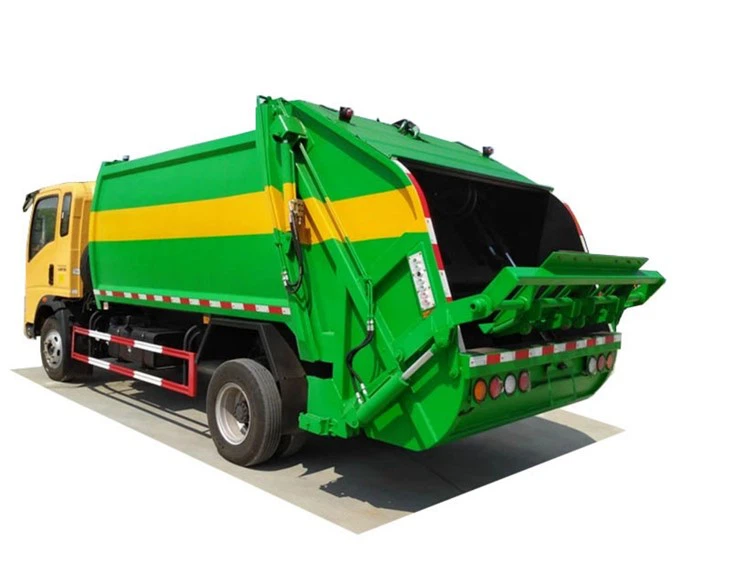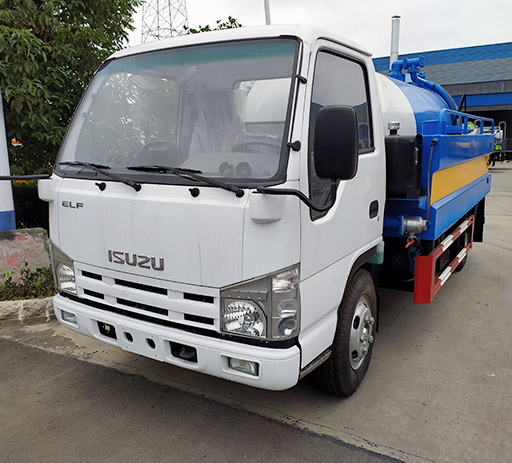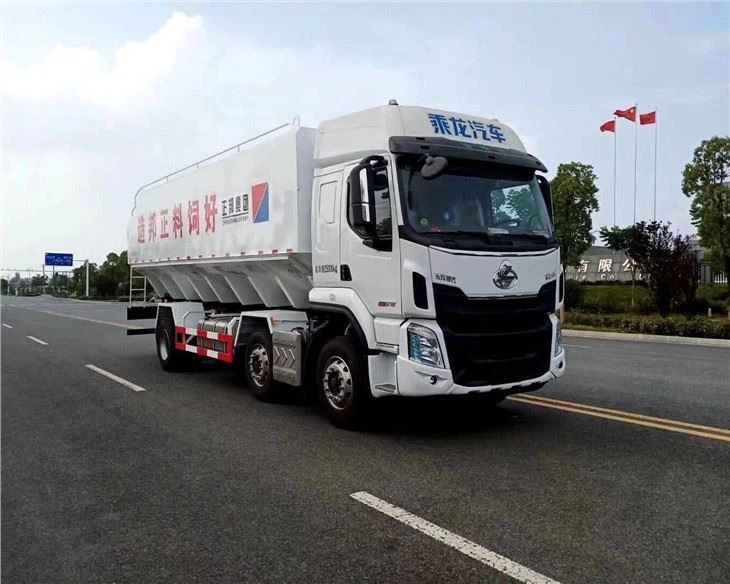The Garbage Truck: An In-Depth Look at This Essential Service

Introduction
The garbage truck is a crucial part of modern waste management systems. It plays an essential role in keeping our communities clean and safe by collecting waste from households and businesses. As urban areas continue to grow, understanding the importance of garbage trucks is vital for fostering appreciation for these vehicles and the service they provide. This article delves into various aspects of garbage trucks, from their history and types to how they operate and their environmental impact. We will also offer practical tips on waste management and answer frequently asked questions about garbage trucks.
The History of Garbage Trucks
Early Waste Collection Methods
The concept of garbage collection dates back to ancient civilizations, where refuse was often disposed of in designated areas. As cities expanded, however, the need for organized waste management emerged. Horse-drawn carts were commonly used in the 19th century to collect household waste, marking the early days of garbage trucks.
Introduction of Motorized Garbage Trucks
The first motorized garbage truck was introduced in the early 20th century, significantly improving the efficiency of waste collection. These vehicles utilized gasoline engines, allowing them to cover larger areas more quickly. Over the years, innovations in garbage truck design have enhanced their capability and effectiveness, adapting to the growing needs of communities.
Types of Garbage Trucks
Front Loader Garbage Trucks
Front loader garbage trucks are designed for commercial waste collection. They feature a large open container at the front where the waste is loaded using specially designed lifting arms. These trucks are commonly used in urban environments where large volumes of waste are produced.
Rear Loader Garbage Trucks
Rear loader garbage trucks have a more traditional design with a hopper at the back for loading waste. They are typically used for residential waste collection and smaller commercial operations. These trucks can be operated manually, with workers walking alongside to collect bags or bins.

Side Loader Garbage Trucks
Side loader garbage trucks are equipped with arms that extend from the side of the vehicle to pick up bins. They allow for efficient and automated waste collection, reducing the number of workers needed on the ground. This type is gaining popularity in many cities for its efficiency.
Compaction Garbage Trucks
Compaction garbage trucks are designed to compress waste, allowing for more efficient transport. These trucks can handle larger volumes of waste compared to non-compaction models. The compactor applies pressure to the waste, reducing its size and maximizing space in the truck’s container.
Recycling and Specialized Garbage Trucks
As environmental awareness grows, recycling trucks have become increasingly important. These vehicles are specifically designed to collect recyclable materials separately from general waste. Specialized trucks also exist for collecting organics or hazardous waste, ensuring proper disposal and recycling procedures.
How Garbage Trucks Work
The Collection Process
Garbage trucks follow a systematic route to collect waste from designated pickup points. Each neighborhood may have specific collection days assigned, contributing to effective waste management. Residents are responsible for placing their trash in bins or bags outside their homes on these days.
Loading Mechanisms

Garbage trucks utilize various loading mechanisms depending on their type. Rear loaders often require manual loading, while front loaders and side loaders use hydraulic arms to automate the process. Compaction trucks employ a hydraulic system to compress waste as it is collected.
Transport and Disposal
After collection, garbage trucks transport the waste to local landfills or waste treatment facilities. Compacted waste allows for more efficient transport, minimizing the number of trips needed to dispose of collected garbage.
Environmental Impact and Sustainability
Reduction of Landfill Waste
Garbage trucks play a crucial role in reducing the amount of waste that ends up in landfills. By promoting recycling and composting, cities can significantly decrease landfill contributions. However, improperly managed waste can harm the environment and public health.
Innovative Waste Management Solutions
Many cities are adopting more sustainable practices, such as using energy-efficient garbage trucks and employing smart waste management technology. This involves tracking collection routes and capacities to reduce fuel consumption and emissions.
Community Involvement in Waste Management
Engaging communities in waste reduction efforts is vital for sustainability. Educational programs can inform residents about proper waste disposal, recycling practices, and the importance of reducing single-use plastics. Events like neighborhood clean-up days can also foster a sense of community and responsibility.
Practical Tips for Waste Management
Understanding Your Community’s Waste Schedule
Familiarize yourself with your local garbage collection schedule. Most communities provide this information online or through city offices. Adhering to collection days ensures waste is disposed of properly and keeps neighborhoods clean.
Properly Segregating Waste
Separate recyclable items from general waste. Invest in clearly labeled bins for recyclables, compost, and general waste. Educating family members on proper segregation promotes a cleaner environment and improves recycling rates.
Reducing Waste Production
Adopt practices that minimize waste production, such as buying in bulk, using reusable shopping bags, and avoiding single-use plastics. Every small step contributes to reducing the overall waste generated.
Participating in Local Recycling Programs
Most communities offer recycling programs for various materials like plastics, glass, and paper. Participate actively by knowing what items can be recycled and ensuring they are clean and dry before placing them in the recycling bin.
The Role of Technology in Garbage Trucks

Smart Garbage Trucks
Many cities are investing in smart garbage trucks equipped with sensors and GPS technology to optimize waste collection routes. This innovation conserves fuel, reduces operational costs, and minimizes environmental impact by decreasing emissions.
Data-Driven Waste Management
Advanced data analysis allows municipalities to track waste generation patterns, ensuring efficient allocation of resources. This data-driven approach helps cities anticipate demand and adapt their services accordingly.
Future of Garbage Trucks
Electric and Alternative Fuel Trucks
The shift toward electric and alternative fuel garbage trucks is gaining momentum. These vehicles are quieter, produce fewer emissions, and contribute to cleaner air quality in urban areas. The transition to greener alternatives is essential for sustainable waste management.
Integration of Robotics and Automation
Robotics and automation technology are being explored to enhance the efficiency of garbage trucks. Automated collection systems can reduce labor costs and streamline operations, allowing cities to manage waste more effectively.
Frequently Asked Questions (FAQ)
1. What is the average lifespan of a garbage truck?
The average lifespan of a garbage truck is typically between 10 to 15 years, depending on usage and maintenance.
2. How often do garbage trucks collect waste?
Collection schedules vary by location and can be weekly, bi-weekly, or monthly, depending on local regulations and needs.
3. What happens to the waste collected by garbage trucks?
Once collected, waste is transported to landfills or waste treatment facilities for processing, recycling, or disposal.
4. How can I properly dispose of hazardous waste?
Many communities have designated collection events or facilities for hazardous materials. Always check local regulations for proper disposal methods.
5. Are there any regulations for garbage trucks?
Yes, garbage trucks must comply with local, state, and federal regulations concerning waste collection, safety, and emissions standards.
6. Can I report missed garbage collection?
Yes, residents can report missed collections to their local waste management authority, often via a phone call or online form.
